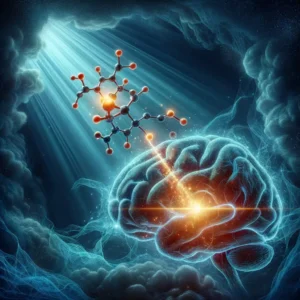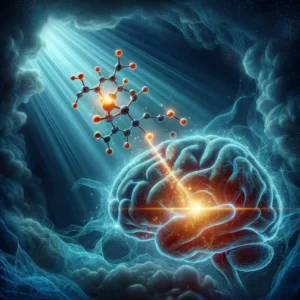Brain Tumors
Brain tumors are abnormal growths within the brain or surrounding tissues. They can be classified into two categories: primary brain tumors and secondary brain tumors. Primary brain tumors originate within the brain itself, while secondary brain tumors result from the spread of cancer from other parts of the body. Brain tumour causes are poorly understood, but researchers have identified some risk factors.
These include exposure to ionizing radiation, a family history of brain tumors, and certain genetic disorders. However, in many cases, the cause remains unknown. Symptoms of brain tumors can vary depending on their location, size, and growth rate. Some common symptoms include headaches, seizures, nausea and vomiting, changes in vision or hearing, difficulty with balance or coordination, and changes in personality or cognitive function.
Brain tumors are often diagnosed using imaging tests such as CT scans, MRI scans, and PET scans. A biopsy may be needed to confirm the diagnosis and determine the type of tumor. Treatment for brain tumors can include surgery, radiation therapy, and chemotherapy. The choice of treatment depends on the type and position of the tumor, as well as the patient’s overall health and preferences. Operation is usually the first line of treatment for brain tumors.
Surgery aims to remove as much of a tumour as possible without damaging healthy brain tissue. In certain cases, surgery can be followed by radiation or chemotherapy to kill any remaining cancer cells. Radiotherapy uses high-energy radiation to destroy cancer cells. It can be delivered externally, through a machine that directs radiation at the tumour, or internally, by implanting radioactive material into the tumour. Chemotherapy uses drugs to destroy cancer cells, which can be given orally or intravenously.
You are here:
home » brain tumors






